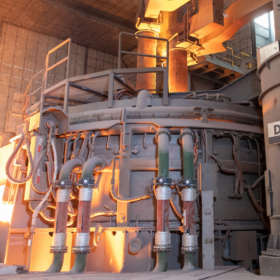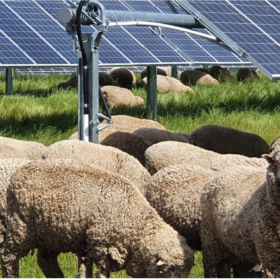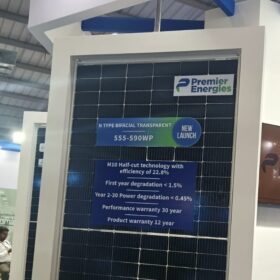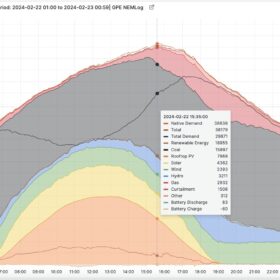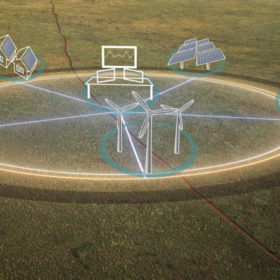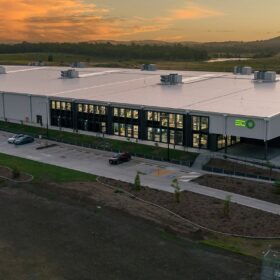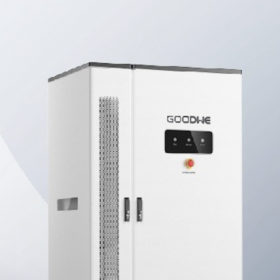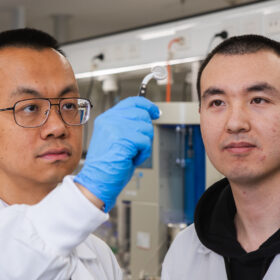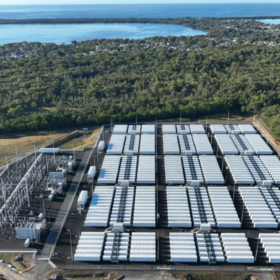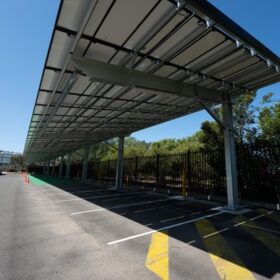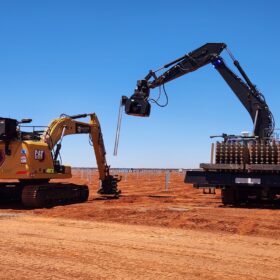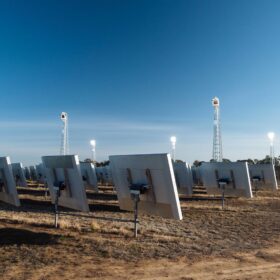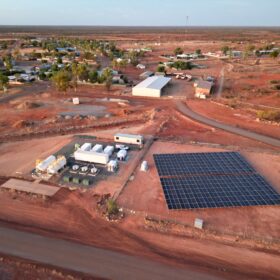Demand sites join big batteries in making most of new FCAS markets
Big batteries now dominate the provision of the frequency control ancillary services required to maintain power system security in Australia’s main grid but demand side services company Viotas says there is room for more players in the increasingly lucrative market.
GFG signs green hydrogen deal for Whyalla steelworks
The South Australian government has struck a deal with GFG Alliance to explore a green hydrogen offtake agreement as the company seeks to phase out coal-based steelmaking at its Whyalla iron and steel plant in the state’s Upper Spencer Gulf.
Renewed push on agrivoltaics could help resolve conflict in rural communities
With opposition to large-scale renewables transmission projects being expressed in some rural and regional communities, solar’s ability to be coupled with agriculture could present opportunities for collaboration rather than conflict.
Premier Energies unveils 590 W TOPCon bifacial PV modules
Indian manufacturer Premier Energies says its n-type TOPCon bifacial glass-backsheet modules are available in power outputs of 555 W to 590 W, with an efficiency rating of up to 22.83%.
Weekend Read: Mind the skills gap
Around 800,000 new workers will be required in Europe by 2025 for the battery industry alone and, more broadly, existing workers will need to be retrained as the continent’s industries transition away from fossil fuels. International competition for workers is becoming increasingly fierce. Where are these workers and the required skills supposed to come from?
Record-breaking native demand for Australia’s NEM and Victoria
Thursday, Feb. 22 marked another day in Australia’s energy records, along the Eastern seaboard. The hot and sunny conditions led to notable maximums in energy demand and supply.
Horizon Power presses go on Smart Connect Solar in Carnarvon
Horizon Power has introduced Smart Connect Solar in Carnarvon, Western Australia, to bolster grid stability and enable broader rooftop solar adoption. The program, set for state-wide expansion by 2024, promises enhanced energy management, consumer savings, and supports the region’s net-zero emissions goal.
QLD adds $210 million to battery industrial strategy
The Queensland government is adding a further $210 million in pursuit of establishing a battery production industry in the state. The sum brings the total committed to its Battery Industry Strategy to $570 million.
GoodWe releases 60 kWh battery for commercial, industrial PV systems
GoodWe has developed a 60 kWh battery for commercial and industrial PV systems, featuring a compartment for its ET15-30kW inverter series.
RMIT researchers invent water battery with large-scale grid potential
A global team of researchers and industry collaborators, led by RMIT University in Melbourne, have invented recyclable “water batteries” that potentially mitigate safety concerns for large-scale grid energy.

